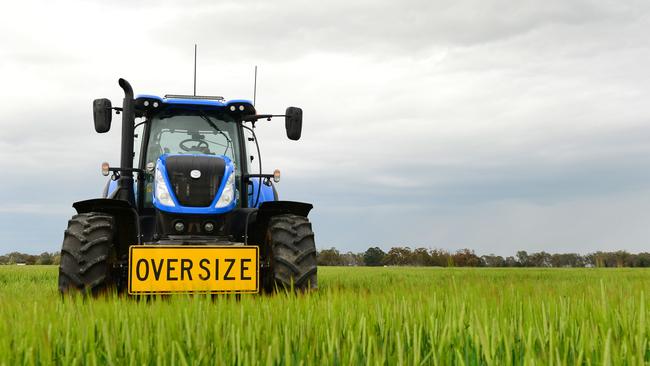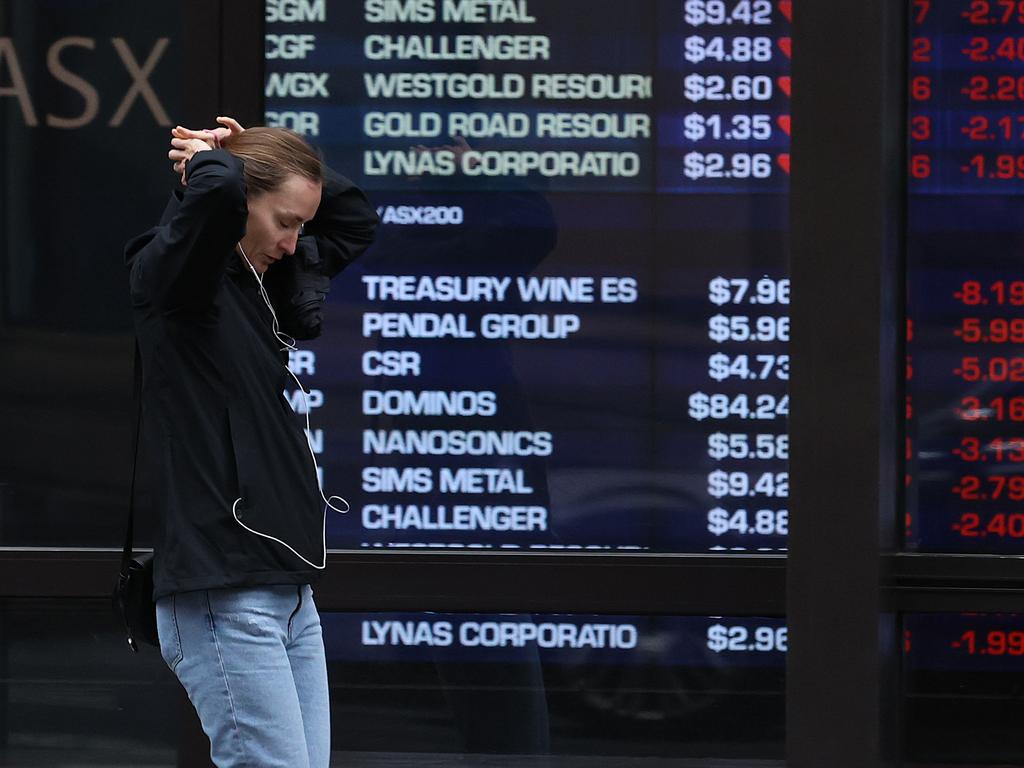Elders’ call to ‘de-escalate’ Chinese trade dispute
Elders chief executive Mark Allison has called for Beijing and Canberra to tone down their trade tensions.

Elders chief executive Mark Allison has called for Beijing and Canberra to tone down their trade tensions, to avoid the spat that has hit a range of agricultural commodities getting worse.
Mr Allison said Elders’ commercial relationships in China remained strong, despite the country’s communist regime banning or disrupting the trade of Australian products from barley and beef to wine and lobster.
But he said it was not up to the commercial sector to smooth the geopolitical tensions and called on both governments to work together.
Mr Allison’s comments come as former prime minister John Howard advised Scott Morrison that repairing the relationship with Beijing is best done at the leadership level, urging him to seek out a face-to-face meeting with President Xi Jinping.
“We should aim to de-escalate rather than escalate,” Mr Allison said.
“The way I see it is that the Elders’ result has always been controlling what we can control. For our trade relationship with China, at a commercial level we are maintaining very strong partnerships and relationships — we get lots of support from our Chinese trading partners. So at a commercial level we can control that, but at a geopolitical level we can’t control that.
“The China issue is not an area that we can control, apart from not making it worse, but that’s not the role of commercial companies at any rate.”
Mr Allison was speaking as Elders’ profit surged 78 per cent to $122.9m in the year to September 30 as the company rebounded from drought and bushfires, following high sheep and cattle prices and completing a key acquisition.
The company is expecting cattle prices to soften from record highs in the year ahead, but remain elevated as farmers continue to restock from drought. Meanwhile, live export volumes are expected to decrease amid lower than forecast production and global demand from China.
“This will also gradually decrease in the medium term due to global competition,” Mr Allison said.
He said wheat and barley prices would ease as “productivity improvements increase yields at a level that outweighs demand”, while the barley outlook for China remained uncertain after it imposed punitive 80 per cent tariffs on Australian barley and banned barley shipments from the Australia’s biggest exporter CBH.
But Mr Allison believes the relationship with China could recover. “As China moves to be the No 1 economy in the world in 2030, 2035, depending on which predictions you go with, the importance of the Australian-Chinese trading relationship will be maintained.
“I’m very optimistic about it. I think will get back on a reasonable footing and it needs to from an Australian economic viewpoint.”
While some companies, including GrainCorp, have managed to enter other markets in the past year, Mr Allison said for many diversification would be “incremental”.
He said the Beijing-Canberra tensions had supported that shift, citing barley that was destined for China being diverted to Vietnam as an example, but said Australian agriculture faced challenges around global competitiveness.
“We have got a very strong position in Indonesia, South Korea and Japan, with our grain and beef exports in various forms, and opening up the Vietnamese market — which is where the barley went that was destined for China.
“This is just a continuation of the growth and diversification of our export markets. It won’t happen super-quickly and the point that has been lost in a lot of the discussion is that we are competing with North America … in a lot of these global ag commodities, and with South America in cattle and sugar cane, etc.
“That’s the real question when we look at Australian agriculture. The quality of our product, our supply chains in Australia make us uncompetitive at a cost viewpoint because of our relatively inefficient train and truck systems, and black-spots around Australia … there are other issues that really require much more focus than a discussion on China.”
Elders’ $187m takeover of leading rural supplies wholesaler AIRR added $44m in wholesale gross margin for the year, “well in excess of acquisition business case projections”. Overall revenue surged 29 per cent to $2.09bn.
The company will pay a final dividend of 13c a share on December 18. This takes the total payout for this year to 22c fully franked, an increase of 22 per cent on 2019.
Elders shares lifted 0.1 per cent to $11.88 on the results, before the ASX paused trade for all equities amid technological problems.








To join the conversation, please log in. Don't have an account? Register
Join the conversation, you are commenting as Logout